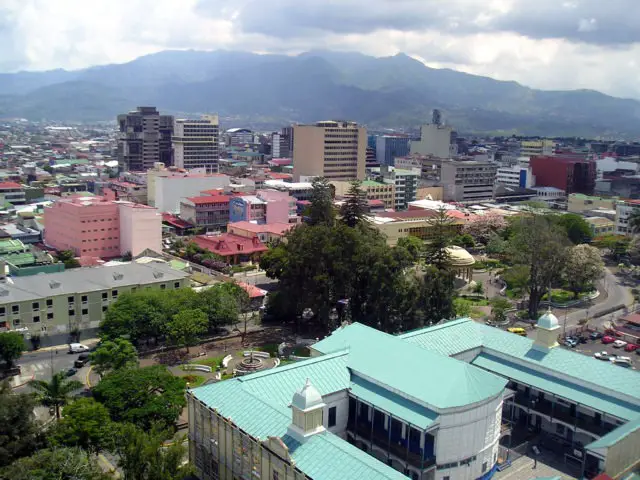
Each Central American country has sought a way to alleviate, through economic policy, the effects of the Coronavirus Pandemic crisis, with Costa Rica having resorted to the most effective actions, according to a study by the Central American Monetary Council (SECMCA).
They separate the actions into 12 categories, and of them, only one has not included Costa Rica, this one being support for SMEs; contrary to Nicaragua, for example, that has only resorted to four.
Of course, for this analysis, some measures for certain sectors had not yet been released, such as the simplification of procedures, which the Ministry of Economy recently announced. One that stands out is the downward adjustment of the Monetary Policy Rate (which is like a guide that dictates where entities can take their rates), placing it in our country, at a historic 0.75%.
The case of the Bono Proteger in Costa Rica also stands out in the section on government transfers and support for the unemployed. A category in which it was also a pioneer was in that of amnesties/delays in tax payments, under the tax relief plan, which allowed extensions in the payment of VAT and selective consumption tax, elimination of a partial payment of income and postpones the cancellation of customs duties for three months.
Present Risks
What is warned refers to the risk of future structural damage in the category of debtor and credit support; although it was a sign for all countries, Costa Rica was given as an example, with the injection of ₡ 900 billion in loans to the productive sector, announced in May. There are positive aspects in the different countries, such as that the exchange markets are stable, and there are no pressures on the current account deficit so far.
“The Central Banks have already done everything possible, there is very little room for more action, with TPM reductions, relaxed regulations, etc., now the responsibility falls on the Governments to support this recovery,” said Domingo González, executive secretary of SECMCA.
But what else can be done?
Provide basic income to poor families for six months and extend terms and grace periods for SMEs, suggests ECLAC; however, the first point would mean an additional expenditure of 2% of GDP.


